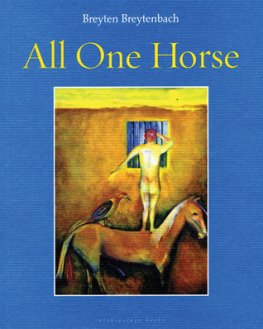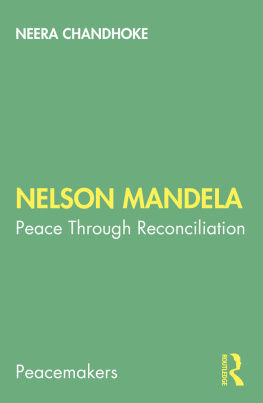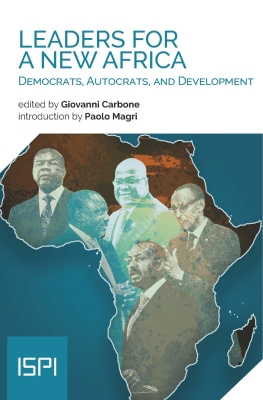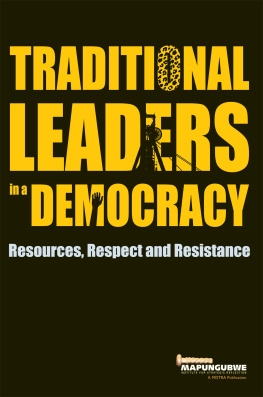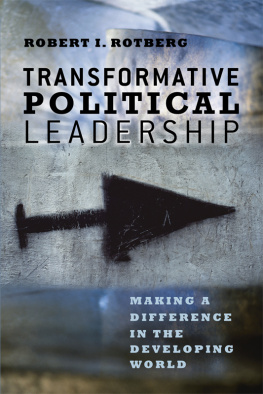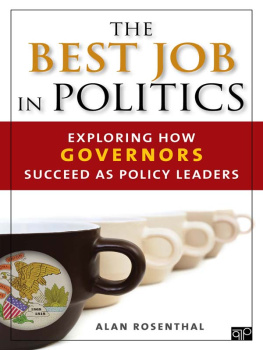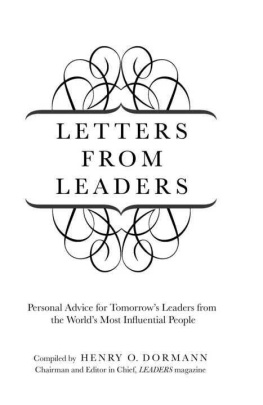Published jointly by
Tafelberg
An imprint of NB Publishers
40 Heerengracht, Cape Town, 8000
South Africa
www.tafelberg.com
University of Virginia Press
P.O. Box 400318, Charlottesville, VA 22904-4318
USA
www.upress.virginia.edu
2012 Hermann Giliomee
All rights reserved. No part of this book may be reproduced or transmitted in any form or by any electronic or mechanical means, including photocopying and recording, or by any other information storage or retrieval system, without written permission from the publisher.
Printed in the United States of America on acid-free paper
First University of Virginia Press edition published 2013
9 8 7 6 5 4 3 2 1
Library of Congress Cataloging-in-Publication Data
Giliomee, Hermann, 1938
The last Afrikaner leaders : a supreme test of power / Hermann Giliomee. First University of Virginia Press edition.
pages cm. (Reconsiderations in southern African history)
Includes bibliographical references and index.
ISBN 978-0-8139-3494-5 (pbk. : alk. paper)ISBN 978-0-8139-3495-2 (e-book)
1. National Party (South Africa)History20th century. 2. PoliticiansSouth Africa20th century. 3. ApartheidSouth Africa20th century. 4. Power (Social sciences)South Africa. 5. South AfricaPolitics and government19481994. 6. South AfricaRace relations20th centuryPolitical aspectsHistory. I. Title. II. Series: Reconsiderations in southern African history.
JQ1998.N2G55 2013
320.968dc23
2013015101
Set in Minion / Book design Nazli Jacobs / Index Sanet le Roux
Excerpt from a poem Robert Burns wrote in 1785
as an apology after accidentally overturning a
mousess house in a cornfield:
But, Mousie, thou art not thy lane [you are not alone],
In proving foresight may be vain;
The best-laid schemes o mice an men
Gang aft agley [often go awry],
An leae us nought but grief an pain,
For promised joy!
Introduction
A Tragic Dilemma
IN THE SECOND HALF OF THE TWENTIETH CENTURY, SOUTH AFRICA WENT through two revolutions. The first was the implementation of the apartheid policy, accompanied by massive social engineering, which more comprehensively segregated races than any other racial policy in the world. The second was the unprecedented handing over of power by whites to blacks, although the state, based predominantly on the white minority, was neither defeated nor bankrupt. This book is about five white leaders Hendrik Verwoerd, John Vorster, PW Botha, FW de Klerk and Frederik van Zyl Slabbert and their roles in one or other of these revolutions.
Writing well before apartheid was fully introduced, Alan Paton published two novels, Cry, the Beloved Country (1948) and Too Late the Phalarope (1953), about the unfolding political drama of what he called the tragic dilemma of the white man. A man is caught on the face of a cliff, Paton writes. As he sees it, he cannot go up and he cannot go down; if he stays where he is, he will die. All those who stand watching have pity for him. But the analogy, alas, is obviously incomplete, for the worlds spectators of our drama are seldom pitiful; they are more often reproachful. From their point of vantage they can see which way we ought to go, but they see us taking some other way which will lead us to our destruction. And the world looks at us in astonishment, wondering what madness has possessed us.
In the mid-1960s British journalist Douglas Brown remarked that apartheid had no counterpart in history and that no race has ever been so universally condemned for preserving its identity than South African whites.
There was a reason why Brown and Drury were so certain there would be no surrender of power. The people in power were Afrikaner nationalists who, more than the English-speaking community, were rooted in the land. They controlled a state
To most informed commentators writing in the 1960s and 1970s it was inconceivable that Afrikaners, with such a large stake in the state, would give up power voluntarily. From the early 1960s Afrikaners had begun to dominate the senior levels of the civil service, security service and public corporations. They would be the first targets of a new government committed to racial transformation.
Also likely to be affected was Afrikaans, enjoying equal status with English as an official language as part of an English-Afrikaner pact in the drafting of the Union Constitution of 1909. Afrikaans along with Hindi, Malay-Indonesian and Hebrew became one of only four languages in the world that were standardised in the course of the twentieth century and came to be used in all branches of life and learning, including postgraduate studies and science and technology. In 1990 a commentator considered Afrikaans the strongest language in South Africa as it was used countrywide, both formally and informally. Given the haste with which newly independent African states elevated the colonial language to the status of the only national language, it could be expected that a new government in South Africa would waste little time in doing the same.
There were also fears that the overthrow of the government could be accompanied by attempts at retribution. In early 1973 the United Nations General Assembly declared apartheid a crime against humanity and agreed to the drawing up of an International Convention on the Suppression of the Crime of Apartheid. An obvious attempt on the part of the Soviet Union to embarrass the West, the Convention was ratified first by twenty countries in the Soviet bloc that had no record of protecting human rights themselves. Although leading Western nations openly refused to endorse the resolution or ratify the Convention, the African National Congress (ANC), through skilful propaganda, manufactured the impression that the entire world considered apartheid a crime against humanity.
The four National Party (NP) leaders featured in this book all believed the power they held conferred on them the huge responsibility not to put at risk Afrikaner political power and the prospects for Afrikaner survival, which they closely linked. From the early 1960s they increasingly blamed agitators, communists or black nationalists for any resistance to apartheid. The fifth leader discussed here, Van Zyl Slabbert, never held political power, but would in my opinion have reached the highest political position in the land if, during the mid-1960s, he had chosen the career path that the Afrikaner nationalist establishment aware of his remarkable abilities had marked out for him.
Slabbert was fully aware of white fears, both rational and irrational, but argued that apartheid, not communism, was the real cause of the conflict. He became the most formidable critic of the policy, using a unique combination of intellectual, economic and moral arguments. Like some of his academic contemporaries, Slabbert was gripped by the ideas of NP van Wyk Louw, the pre-eminent Afrikaner poet and essayist, who had argued in a book published in 1958 that the challenge for the Afrikaners was not merely to survive, but to survive in justice.
In the first half of the 1990s the second revolution occurred. Afrikaners did what few expected: they accepted majority rule without having suffered a defeat at the hands of the subjugated population. The army and the police remained intact and loyal to the NP government. There is no other example in recorded history of such a surrender of power without defeat. It is true that sanctions, black opposition and white demographic decline (whites as a proportion of the total population sank from 19% in 1951 to below 10% by 2005) put strong pressure on white minority rule. Yet a government determined and bloody-minded enough could, through skilful cooptation of both black and business leaders, have held on for quite some time. This was one thing on which FW de Klerk and Van Zyl Slabbert agreed.


